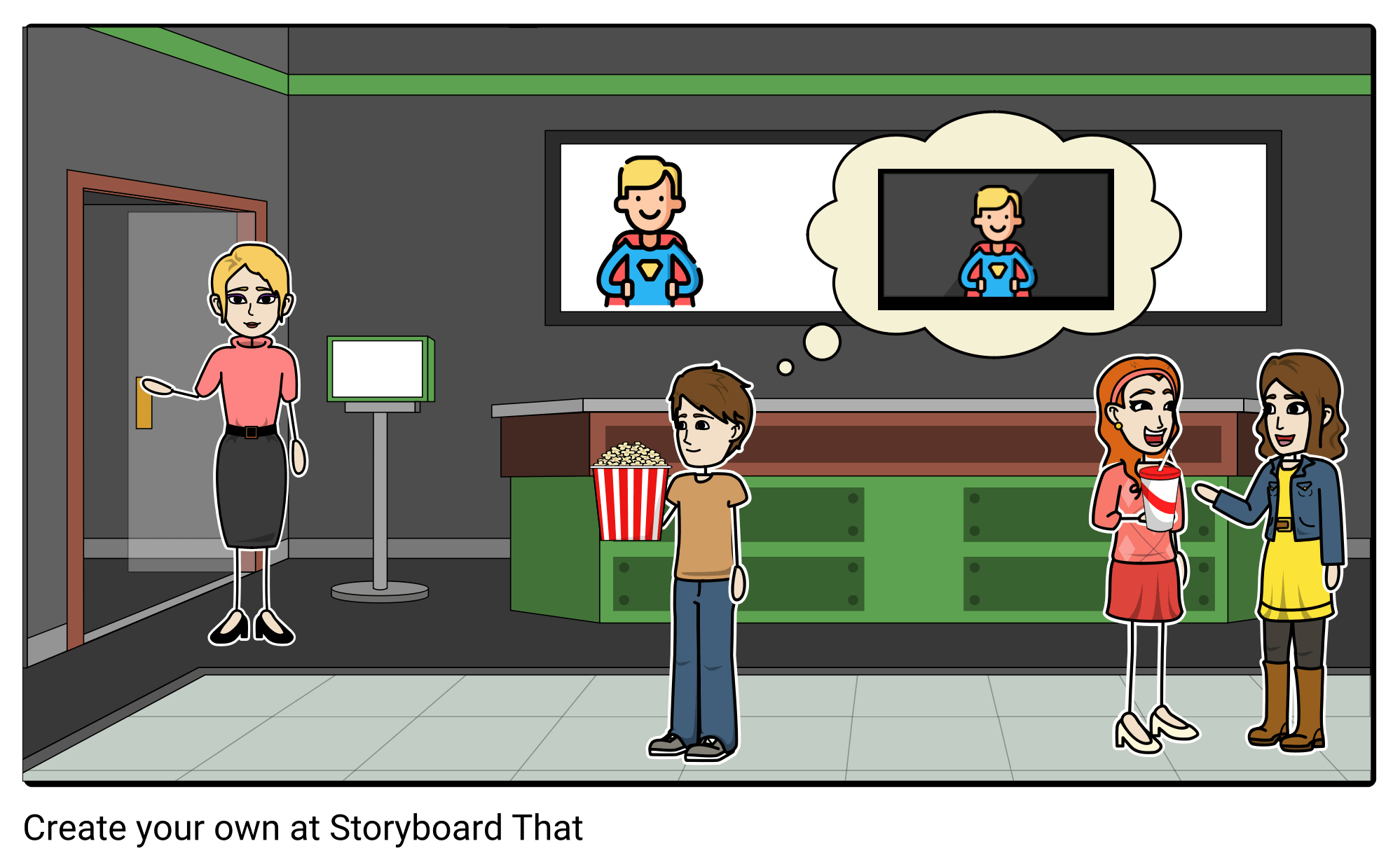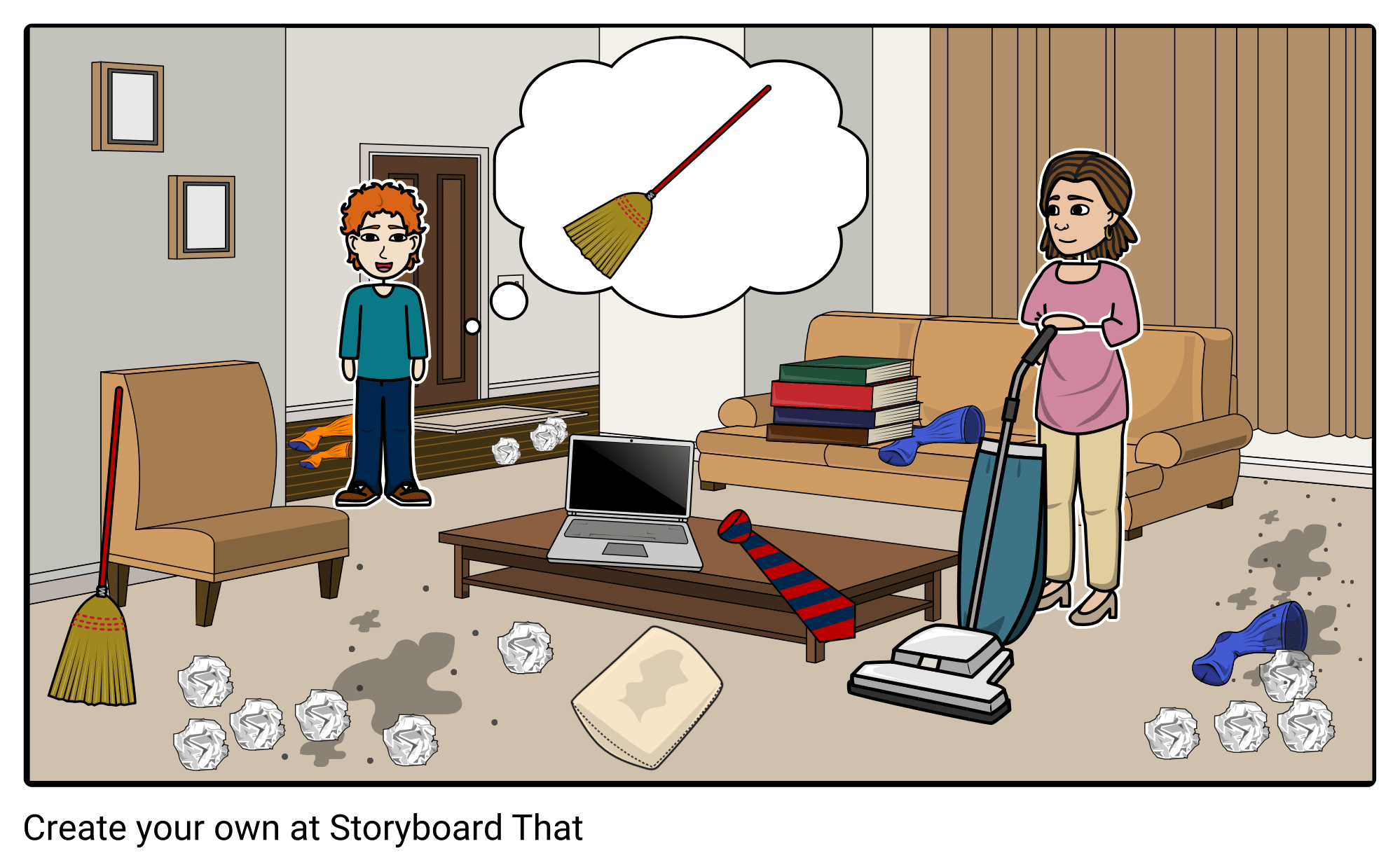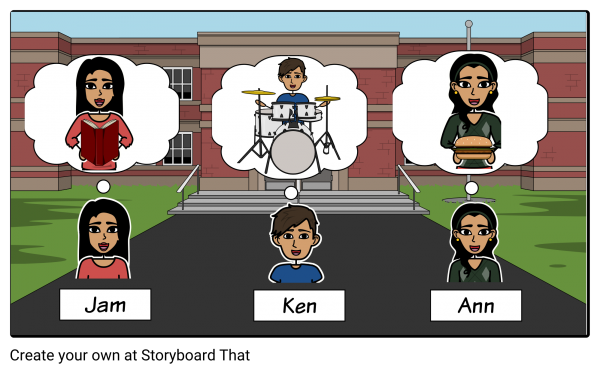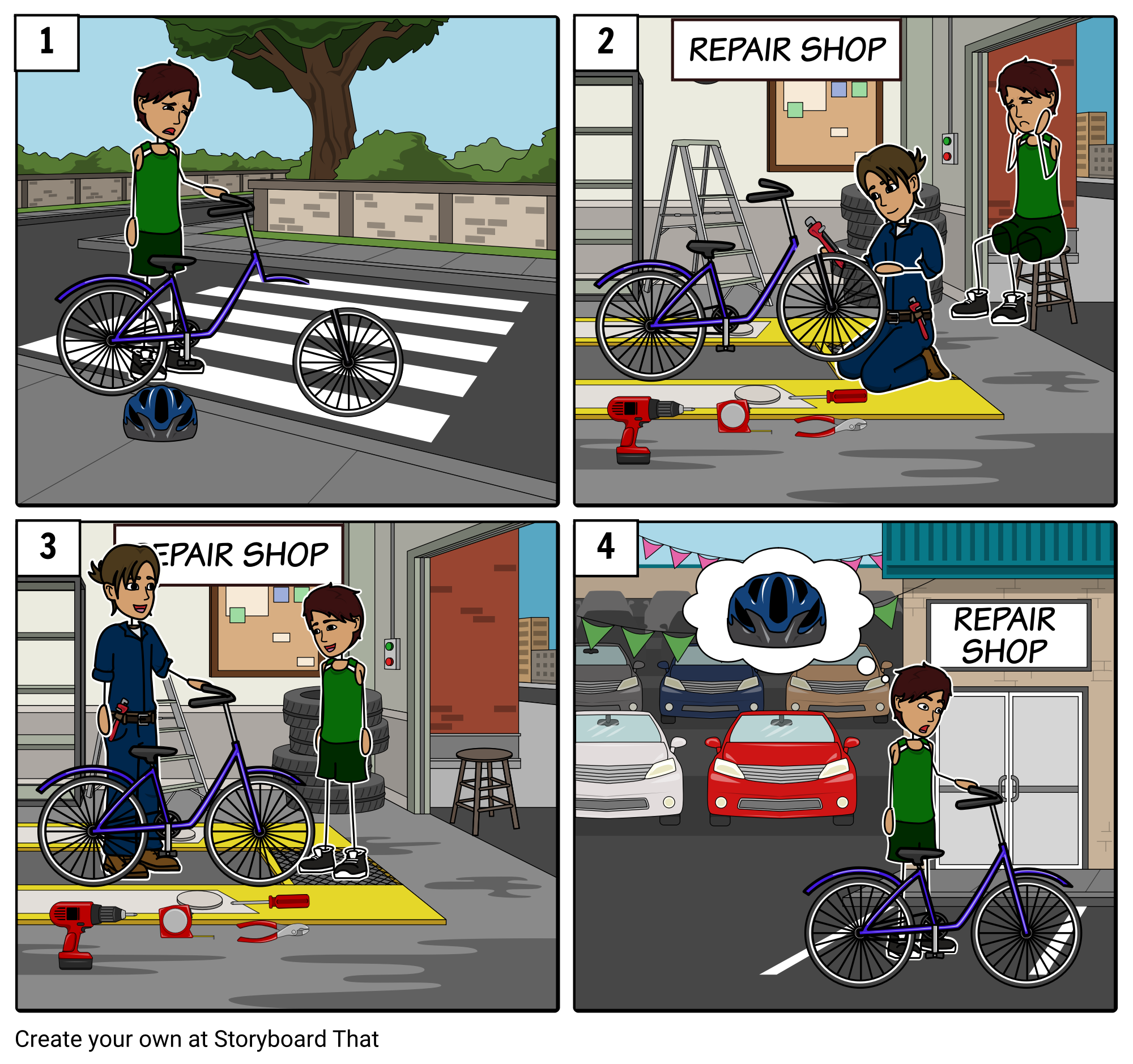Thank you for coming.
I’m Lana Park from East Shore Academy.
The subject of my presentation is about school clubs.
Let’s begin the presentation.
The graph deals with the number of members of each school club.
According to the data, sports club has the highest number of members with 50 members. The sports club is composed of basketball, volleyball, and baseball clubs. It is followed by science club with 25 members. science club focuses on robotics. While the school club that has the lowest number of members is art club. It has 20 members who practice visual arts like sketching, painting, and digital arts.
To summarize the presentation, sports club has 50 members, science club has 25 members, while art club has 20 members.
If you have any questions, please don’t hesitate to ask.
To conclude this presentation, the students of Shore Academy are more interested in sports, so the school should have more sports-related events like sports festivals.
We’ve covered each item on the agenda. That will be all for today.









 My week is so busy. Our class has been practicing for our show next week.
My week is so busy. Our class has been practicing for our show next week.

 GOOD
GOOD 






